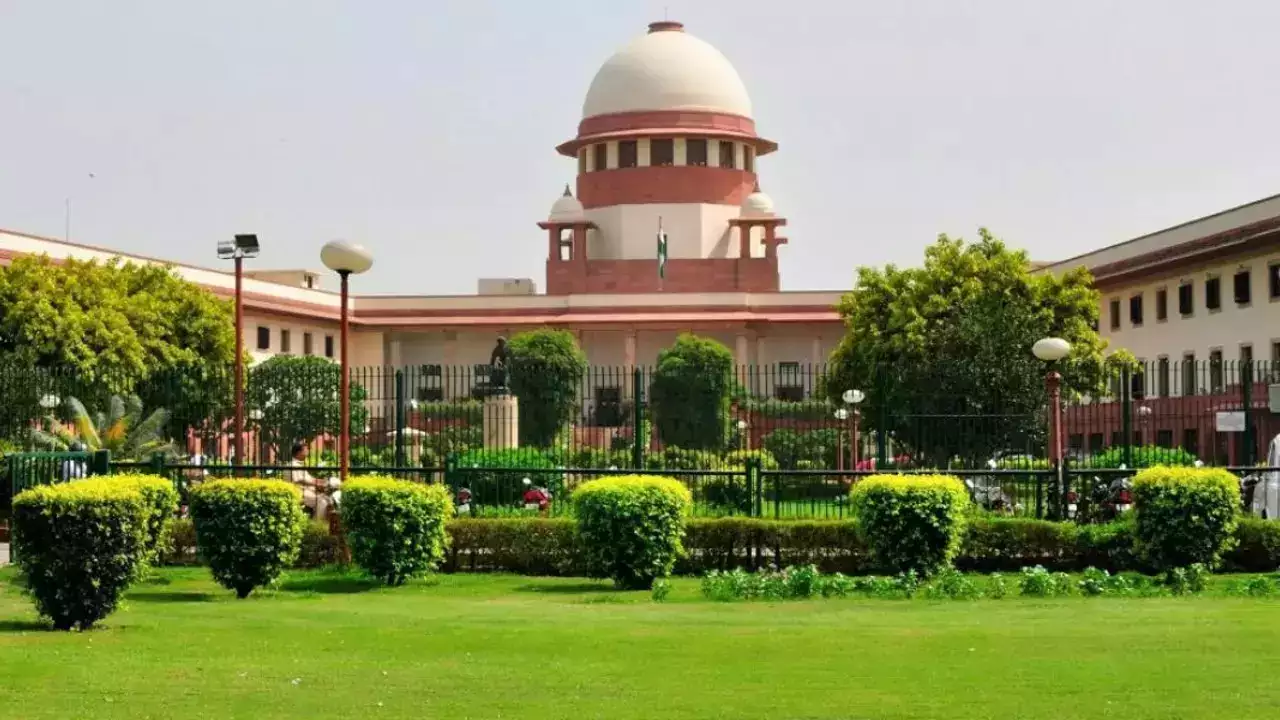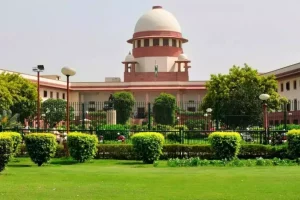The Supreme Court on Monday ruled that even storing child pornographic material without deletion and reporting indicates intention to transmit and constitutes an offence under the Protection of Children from Sexual Offences (POCSO) Act.
A bench comprising Chief Justice of India, Justice DY Chandrachud and Justice JB Pardiwala set aside a Madras High Court order and held that “storage of such material, without deleting or without reporting the same, would indicate an intention to transmit.”
The Madras High Court had earlier ruled that mere storage of child pornographic content without any intention to transmit was not an offence under the POCSO Act.
However, the top court observed that the high court made an “egregious error” in quashing the criminal proceedings against an accused, who had downloaded child pornographic content.
The apex court was hearing a plea filed by ‘Just Rights for Children Alliance’. In its pela, the organisation argued that the high order will normalise child pornography.
Top court suggest Parliament to amend POCSO Act
The apex court suggested that Parliament amend the POCSO Act to replace the term “child pornography” with “Child Sexual Exploitative and Abusive Material.”
The top court also recommended that, pending such an amendment, the Union government could bring in an ordinance to enforce this change.
The Supreme Court also directed all courts to refrain from using the term “child pornography” in legal proceedings.













